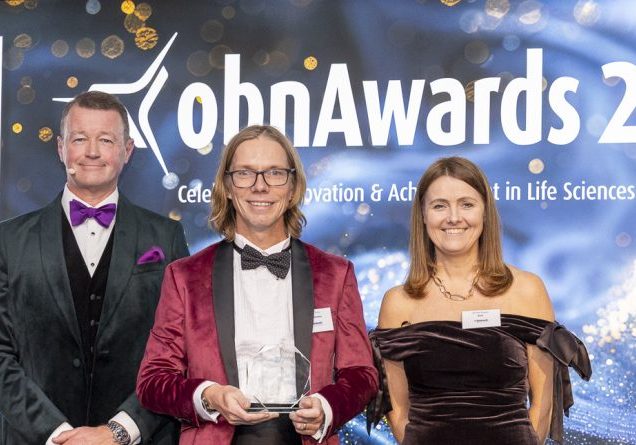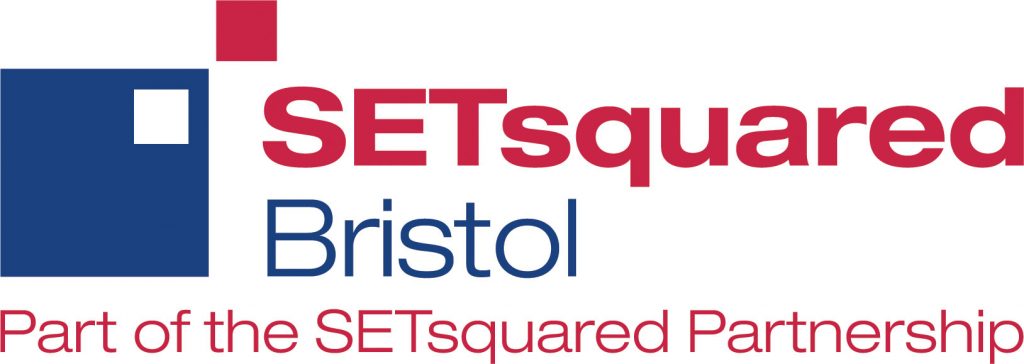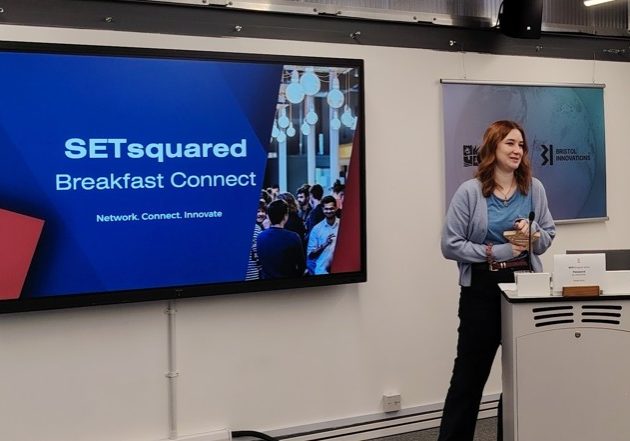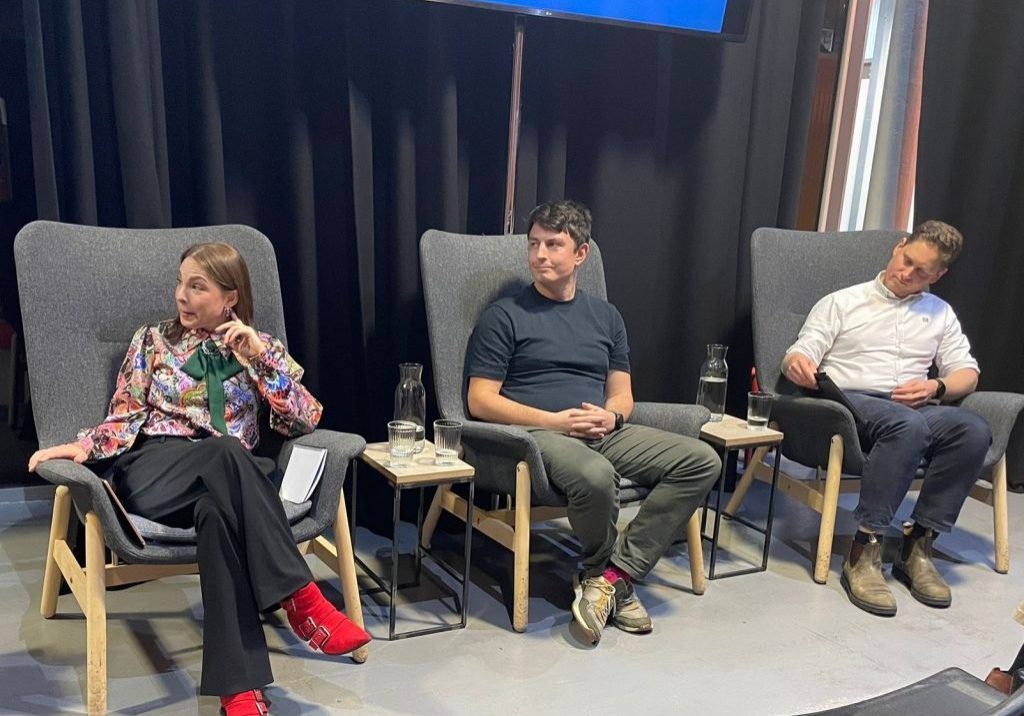Startup advice from Anna-Lisa Wesley, Entrepreneur in Residence
Posted by
Rick Chapman
In the first of a series of startup advice features with our Entrepreneurs in Residence (EiRs), we had a chat with Anna-Lisa Wesley to hear her top tips for startups.
Our EiRs work with our members to provide support, advice and recommendations drawn from their own entrepreneurial backgrounds and specialist experience.
 In what ways does your own professional background help you to advise companies?
In what ways does your own professional background help you to advise companies?
When I started out in advisory as a new Business Analyst graduate at Deloitte, I saw that business leaders were careful about whose advice they bought, and there was very little patience with those who supplied it. This made for tough conditions – coming into the game as I was with no ‘real world’ company experience.
Placed with leaders in some of the biggest companies in the UK, my only option was to run faster than those around me and share back what I’d learned from further up the trail. This had its limitations. Senior leaders didn’t want to know what was around the corner, they were looking for a different lens entirely.
Ten years in I switched approach and turned to schemas. As an external observer I was able to notice these patterns of behaviours which, when well designed, offered up a fresh and more strategic perspective.
Working with startups at Sapphire and Steel, my business partner and I have had to develop many more schemas to address a wider range of advisory issues. And because we get to work with hundreds of businesses a year, we have a lot more data to check that the advice we give is robust.
It’s become very clear to me that an advisor’s brain really is like a machine learning algorithm. It’s only as good as the company it keeps.
What characteristics make a great business leader?
All of the leaders I’ve worked with have had something exceptional about them.
I worked for the Chief Exec of a major UK regulated business and will never forget them saying to me, “I don’t do things because I’m told to by the regulator. I do them because they are right for my customer”. The customer drove their decision-making.
Another leader I worked with made everyone instinctively want to be part of their journey. Others generate instant confidence – they are in absolute control of their numbers, their domain. And I’ve worked with impressive leaders who aren’t afraid to chart a new course into the unknown.
The greatest leader is the person who can be all these things and for most, this is a life-long quest. We look for startup founders who are on this journey and spend a lot of time developing those areas of the leadership persona that aren’t fully firing yet.
What are the most important skills that a startup founder should learn?
To develop the humility to get out into the market.
I was really surprised by a British Business Bank report recently – ‘Alone Together – Entrepreneurship and Diversity in the UK’ which showed that only 19% of startup founders test and refine their product with customers. We work hard to give founders the tools they need to develop their business ‘in the market’. That means; speaking to customers, creating working demonstrators, running experiments, value-based pricing, testing routes to market and nurturing their personal networks.
Could you share your top piece of advice for entrepreneurs?
Stay on the train. My business partner shared this with me recently from Arno Minkkinen’s ‘Helsinki Bus Station Theory’. In the quest for progress you can jump too soon, change platform, go back, start again. What you actually need to do is have the resilience to follow an idea through. People talk about not getting distracted. That’s what this is.
How can entrepreneurs avoid burnout?
The simple idea here is to think about what you are doing, not how you are doing it. The kite surfing analogy always works for me here. Kite surfing is hard, but I know what to do: toes, core, hands at ten to two. All goes well. I’m up and running! Then “what if a big wave comes?”, “what if another surfer comes?” “what if I..’” Smack! Down I go.
Constant analysis of performance is unhelpful. We know that we must instead focus on what we are doing for customers. They will show the way even when the going is tough. But this is easier said than done when exhausted. Taking time out and on your own – to meditate, exercise, spend time with nature – this is business critical. At Sapphire and Steel, we are working on a founders retreat because we know how hard this is.
Why should startups consider joining a business incubator?
Each incubator and indeed accelerator offers a different value proposition, but if I look across them all it comes down to community. You are joining a group of people who are on a mission with you, ready to support you with their time, friendship, expertise, funding. When deciding which programme to join, you should be thinking – ‘are these the people I want to travel with?’
What tech trends can we expect to see in the next five years?
Tech will become less trendy, I hope.
As our collective understanding of technology matures, and our expectations of its impact are raised, I believe that we will be talking increasingly about the calibre of the leadership team, the governance around the business, and the impact that the technology has against real world measures. The tech will mature to foundational status which is right and good.
EiR sessions with Anna-Lisa are available for SETsquared Bristol members. Find out about joining us.
Recent News, Blogs and Stories



